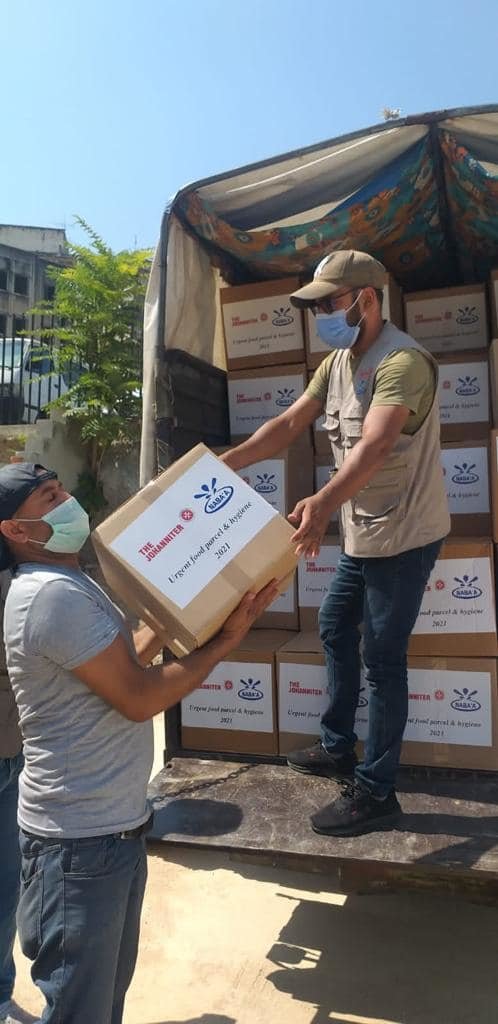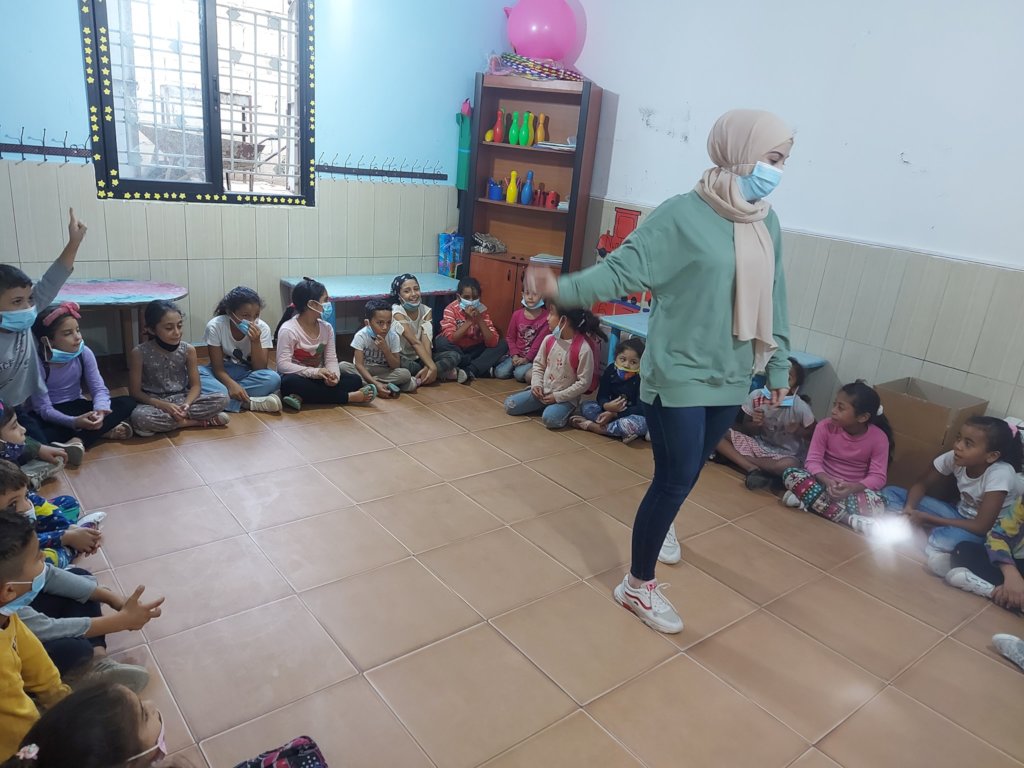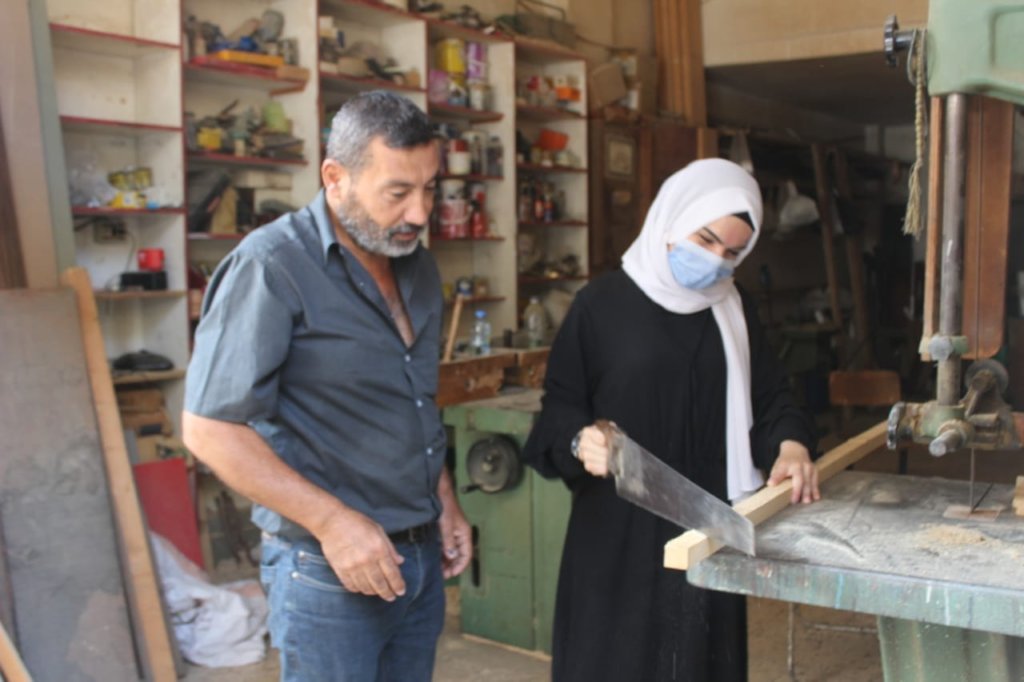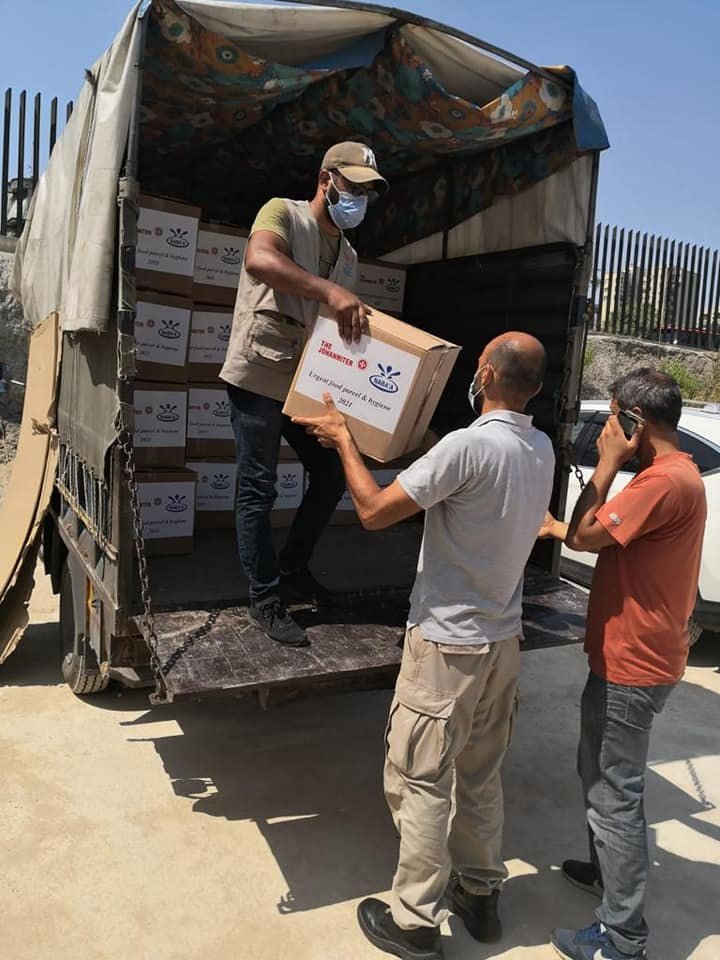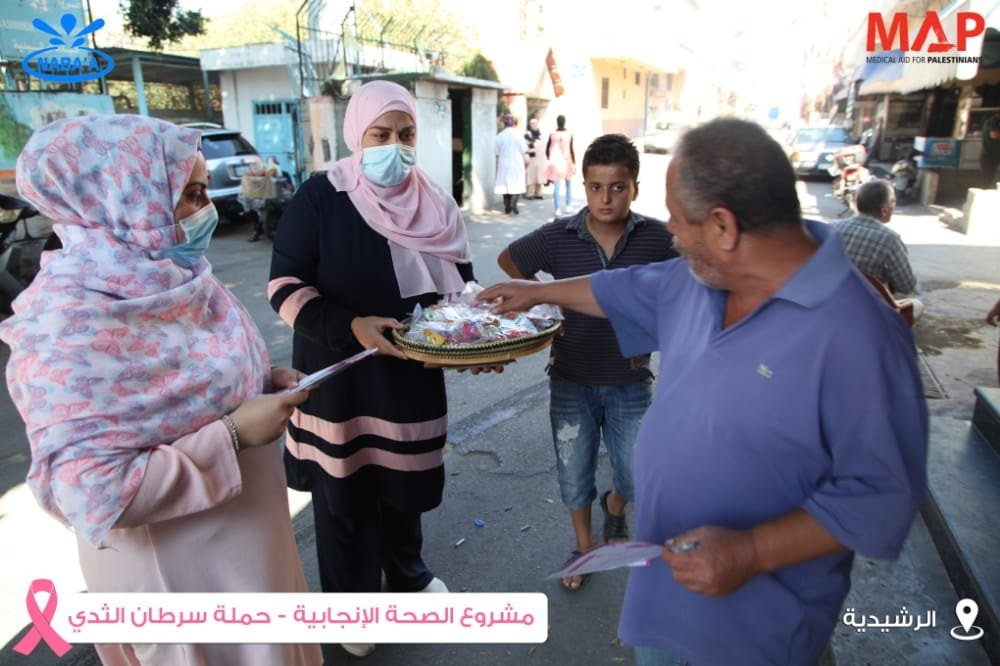By Hiba Hamzi | Program Coordinator
Background during and after the implementation of the project; Lebanon’s political, economic, and social dynamics have a significant impact on the rights, health and overall wellbeing of the child within its territory. Despite the fact that Lebanon has reconstructed its government institutions, its health and social services, as well as its infrastructure to a large extent in recent decades, the country’s turbulent political history continues to impact the current unstable political climate, the poor governance, the socio-economic inequalities, as well as the treatment of refugee communities and other vulnerable groups. These underlying realities heavily influence the rights and wellbeing of the child in Lebanon, not solely when it comes to protection and the provision of adequate services, but further in terms of discrimination, violence, and safety. Comprehending the political history and ongoing political landscape in Lebanon is important whilst designing and implementing effective child-centered initiatives, programs and projects. The ineffectuality of the country’s services increases economic disparities and vulnerability, and also further perpetuates families’ needs to resort to sending their children to work. With economic and financial stressors adding up, as well as the drastic devaluation in the Lebanese currency, poverty in Lebanon is likely to continue to worsen in 2021. UNESCWA estimates anticipate that as of 2021, more than 55% of the country's population trapped in poverty and struggling for bare necessities. Poverty in Lebanon is concerted in specific regions, primarily in Baalbek and surrounding villages of the Beqaa, as well as in Akkar in North Lebanon, and a number of heavily populated Beirut suburbs as urban-based poverty continues to be on the rise. Based on ESCWA’s 2021 report, “Poverty in Lebanon: Impact of Multiple Shocks and Call for Solidarity,” women and children are mostly vulnerable to fluctuation in the accessibility of affordable social services. As stated earlier, the majority of basic social services in Lebanon are privatized, including 90% of primary health care, over 50% of schools, and 30% of drinking water. Moreover, due to the overall weakness of public services, a culture of clientelism based on partisan politics, personal connection, political, and sectarian affiliation governs the provision of social and welfare services to the general public. Naba’a Achievements; During the last period, The most highlighted achievements during the last period; - We at Naba’a are doing all we can to help all affected communities during this extraordinary crisis. Our assistance efforts go to all: Lebanese, refugees and others who were affected without distinction. The devastating impact of the explosion is compounding the challenges currently faced by Lebanese and refugees and adding even more difficulties as families were struggling to survive with the economic crisis that was exacerbated by the impact of COVID-19. - Naba’a provided cash assistance for 283 family distributed as 225 in Borj Hammoud and 58 in khandaa along with distributing disinfection / hygiene kits for 1050 families in Beirut and south. Where 150 families in Ein EL Helwi, El Buss, Burj Al shamali and Rachidie camps received hygiene kits in addition to 900 families in Beirut. As for food kits, 225 families in Mie and Mie area and Saida al Balad have provided with Food kits as well as 75 families in Ein El Helwe. Whereas, 306 families in Beirut have received food kits and distributed as 306 families in Khandaa in 900 in Borj Hammoud. • 2200 parents and caregivers motivated to be engaged in their children learning and well-being. • Around 3020 Youth and adolescents (70% females) involved in the life skills program including different topics such as (Communication skills, leader ship skills, how to protect themselves from abuse, reproductive health, peer to peer, human rights, child rights, women rights, etc…). • Nabaa’ provided inclusive education for 3210 boys and girls of school age (6-12 years) in the Palestinian camps and Syrian gatherings in Lebanon (Tripoli, Saida, Tyre, Nabatieh) “In line with UNRWA's educational reform and MEHE curriculum to support the education of refugees children from Syria, Palestinians or Syrians. • Children and women have been targeted in psychosocial activities as the following, 3051 children (males and females)and 550 parents most of them are women, including, vulnerable Lebanese, Palestinian and Syrian refugees. Whereas, in Borj Al Shamali camp 555 children (males and females and 220 parents including (Lebanese, Syrian Refugees and Palestinian refugees). • It is worthy to note that, two child friendly psychosocial spaces were established at two UNRWA clinics (one in Ein El Helweh and one in Wadi El Zeni), where 2350 children whom their families access UNRWA clinics participated and joined the activities in these spaces. Case Study; I. Beneficiary profile 1. Code: UN26 2. Date of birth: 1986 3. Nationality: Lebanese 4. Sex: Female 5. Referred by: Social Worker 6. Reason for referral: isolation,psychological stress, crying. 7. Risk level: High II. The Social Status of the Beneficiary Married Divorced Widow X Number of children male female 1 0 1 III. The educational level of the beneficiary Illiterate ElementaryIntermediate High schoolUniversity Professional/Technical IV. Economic and living situation of the beneficiary 1. Work: UnemployedUnstableStable 2. Type of work: -- 3. Is he/she receiving financial assistance? No 4. Family income: good averagelowbad 5. Nature of the residence: LandlordRent hostedtent 6. Number of rooms:3 7. Does anyone else live in the house with the family: The beneficiary moves around three houses (she live with her sisters and brother’s house). Additional Observations on the Living Situation of the Case: The living and economic situation of the beneficiary isterrible as she doesn’t work, also her father and mother dead from 5 years, she moves from one house to another (from her sister’s house to her brother’s house) and also their economic situation is very bad. V. Health/psychological situation: Beneficiary Family Is there anyimpairment/disability (blindness, autism...)? No Are there any physical disabilities? No Are there any medications that the beneficiary takes on an ongoing basis? No Is there a previous psychological preview? No Is there a neuropathy? No Does thebeneficiaryundergo any type of drug abuse? No The method of spotting the case: The beneficiary’s case was observedduring herparticipation inawareness sessions,covering topics related to gender-based violence(GBV). - Summary of the background/history of the beneficiary andthe problemssuffered from: After observing the beneficiary’s situationthrough her participation in awareness sessions, she began talking openly about her situation she began cryingamong the Psycho Social Supportgroup members (group of mothers), where she talked about the consequences of early marriage that shefaced and suffered from. This early marriage led to many health, social and psychological problems. Psychological and Social Symptoms Observed: - Community isolation (spends days without communicating or meeting with a family or friend) - Feelings of permanent sadness (most of the time) - Constant crying - Fear of facing people - Loss of self-confidence and loss of trust in people - Sleep disorders (insomnia) - Eating disorders Data Collection Method: Data is collected through the psycho-social support sessions and awareness sessions given, as well as follow-up via the telephone. Intervention andfollow-up Methods: Social intervention: • Integrate in PSS activities with groups of participants of her age to improve her social life. • Awareness sessions about three main topics: Topics Aim of each topic Early marriage - know that ''Early Marriage"is a kind of violence - Reasons of early marriage and its consequences on girls on different aspects (physical, psychological, social…) - The role she can play as "Girl" to stop this Marriage - Mechanisms to reduce early marriage Gender-based violence - The aim is to define the different kinds of violence - Reasons and consequences of violence, - Realize that gender inequality is the root cause of gender-based violence - Stages of problem solving based on problem-solving and decision- making methodology. Gender equality - To aware about the equity and gender equality, - Analyze the consequences of gender discrimination, - To know the role of girls in promoting equal rights and responsibilities • Psychosocial support sessions how to deal with risks, Attending the PSS sessions allows her to deal positively with her daughter especially when she faced problems with her husband. • Individual sessions to give her awareness about how to deal with her daughter and how to deal with stress. Psychological intervention: Number of psychological sessions : 5 Objectives: Improvement for self-esteem and self-confidence, reduce negative emotions Recommendations: - Follow-up meetings with the psychologist through individual sessions on a weekly basis - Continue participating in the sessions that she had begun as a recommendation by the social worker and at the request of the beneficiary herself. -Searching for a work suitable to her.
Links:
By Hiba Hamzi | Program Coordinator
By Hiba Hamzi | Program Coordinator
Project reports on GlobalGiving are posted directly to globalgiving.org by Project Leaders as they are completed, generally every 3-4 months. To protect the integrity of these documents, GlobalGiving does not alter them; therefore you may find some language or formatting issues.
If you donate to this project or have donated to this project, you can receive an email when this project posts a report. You can also subscribe for reports without donating.
Support this important cause by creating a personalized fundraising page.
Start a Fundraiser